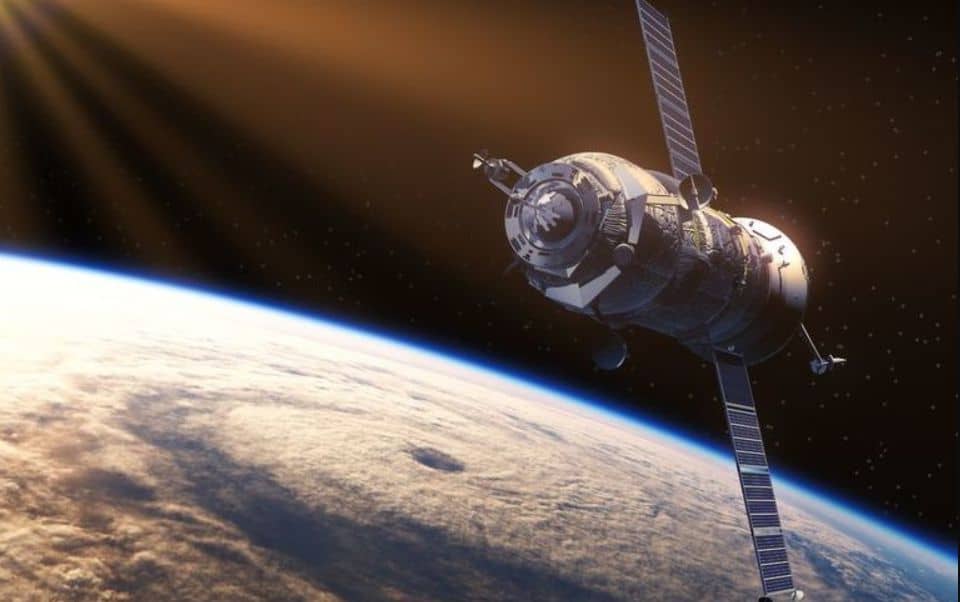On July 15, a Russian satellite called Kosmos 2543 launched a small unknown object at full speed into orbit. This object was launched near another Russian satellite, although they did not come into contact, if it had, it could have caused serious damage. The United States Department of Defense, which monitors activity in space, believes it is a weapon to destroy satellites.
Kosmos 2543 is an inspection satellite and was deployed by Kosmos 2542 in December of last year. As an inspection satellite, your job is to approach other orbiting satellites to inspect them and check that everything is correct. In fact, Kosmos 2542 itself had an incident in January of this year when it got closer to an American satellite and began to follow it.
Something to potentially watch: Cosmos 2542, a Russian inspection satellite, has recently synchronized its orbit with USA 245, an NRO KH11.
A thread: pic.twitter.com/LqvYiIYBMd— Michael Thompson (@M_R_Thomp) January 30, 2020
An object projected at unusual speed
As they explain from Russia, Kosmos 2543 actually approached another satellite to carry out an inspection. Of course, they do not comment on the object in question that the US Space Command claims to have detected and that was projected from Kosmos 2543 when approaching the other satellite.
John Raymond, commander of the United States Space Command, considers that said projectile could be a weapon to hit other satellites. He believes it is further proof of Russia’s efforts to develop and test space systems to keep space assets of the United States and its allies at risk.
In a way, launching objects into space from other satellites is common practice. Just as it is to carry out inspections of other satellites. But according to the United States, what makes this latest move by Russia unusual is the speed with which they launched the object. That is why they believe that it is some type of weapon since it differs too much from all the other inspections that have been carried out previously. That said, they also have no proof beyond these assumptions.
Currently, Russia, the United States and more than 100 nations are part of an international treaty by which they commit that outer space must be explored by all and for purely peaceful purposes. The treaty was signed in 1967, after a few nuclear bombs detonated in space during this decade, causing it to look like daylight in the middle of the night. The treaty indicates, among other things, that weapons should not be placed in orbit or in space.
Today we depend more than ever on the satellites we have in orbit. They serve all types of communications, location, data collection and scientific exploration.
Track | MIT
